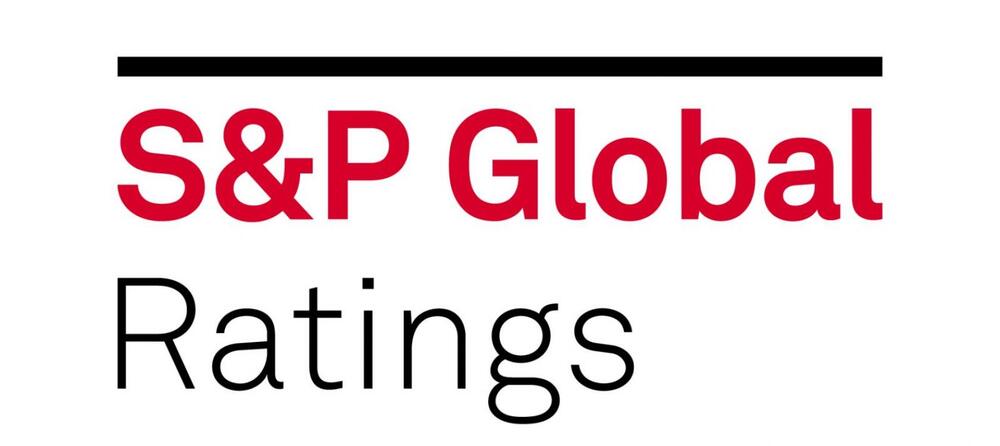site.btaS&P Affirms Bulgaria’s Ratings at BBB/A-2, Outlook Positive


The international agency Standard & Poor's (S&P Global Ratings) has affirmed Bulgaria’s BBB/A-2 long- and short-term foreign and local currency sovereign credit ratings. The outlook remains positive, the Bulgarian Finance Ministry said in a press release on Saturday, reporting the agency’s rating action of Friday.
S&P says that Bulgaria is on track to join the euro area early next year. As of April, the 12-month average inflation stood at 2.7%, implying that Bulgaria will meet the price stability criterion for euro area accession. An official assessment of alignment will be included in the European Commission's and European Central Bank’s convergence reports, due to be published on June 4, 2025. The ultimate decision on membership then lies with the Eurogroup and the EU Council, which S&P Global Ratings expects to be announced in July.
Despite risks, Bulgaria's economy has shown relative resilience, with its services sector continuing to post external surpluses in excess of 7% of GDP. Direct trade exposure to the United States is less than 4%, therefore, S&P Global Ratings believe that US tariffs on Europe will primarily affect Bulgaria indirectly through reduced demand from its largest trading partners, particularly Germany and Romania.
The ambition for euro area accession has provided an important policy anchor for tight fiscal management, especially in times of political instability. The current budget and fiscal plans target deficits remaining at about 3% of GDP on average over the next three years, which seems achievable. General government debt remains modest with debt net of liquid assets below 30% of GDP through 2028.
The statement says that S&P Global Ratings could raise the ratings if Bulgaria becomes a euro area member. In their view, membership would benefit Bulgaria's access to capital markets and monetary policy effectiveness.
S&P Global Ratings would revise the outlook to stable if the prospect of Bulgaria joining the euro area becomes remote. This could occur if there is another lengthy period of political gridlock or if, for example, inflationary pressures re-emerged, the statement notes.
/IV/
news.modal.header
news.modal.text